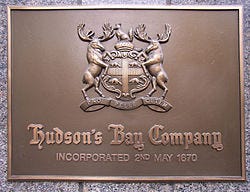Young smart and wise always outperforms the old stagnate
There’s a paradox most people never interrogate:
A young country — barely 158 years old, with zero social resets, zero collapses, zero centuries of inherited dysfunction — is wealthier and more globally significant than civilizations thousands of years old.
Why?
Because longevity doesn’t guarantee wisdom.
Sometimes it just means thousands of years of bad ideas compounded into a national habit.
Meanwhile, some nations were forced to build from first principles.
They didn’t inherit decayed hierarchies or failed experiments — they constructed institutions designed for growth, stability, and upward mobility.
And the results speak louder than any political science textbook:
Countries without resets outperform those with centuries of volatility.
Societies designed around competence defeat those designed around survival.
FDNA compounds into structural wealth.
People overlook a simple truth:
Some nations have been developed longer than they’ve existed on paper.
They started as frontiers.
They evolved relentlessly.
And they refused to let ancient baggage dictate modern potential.
Which leads to a very unpopular — but undeniably true — point:
Don’t import the bad ideas into places that work.
Prosperous societies aren’t “lucky.”
They’re engineered.
And if you want to participate in the upside, you match the operating system — not overwrite it with the one that produced stagnation, collapse, or corruption elsewhere.
At the foundation of modern prosperity lies a simple plaque, a reminder that frontier logic built empires before flags ever did:
(Image: Hudson’s Bay Company plaque — Incorporated 1670)
A frontier company older than most countries.
A symbol of development before nationhood.
Proof that institutions built on competence last longer than civilizations built on excuses.
History is loud if you listen.
Success leaves a trail.
And outperforms the ancient — every time.



